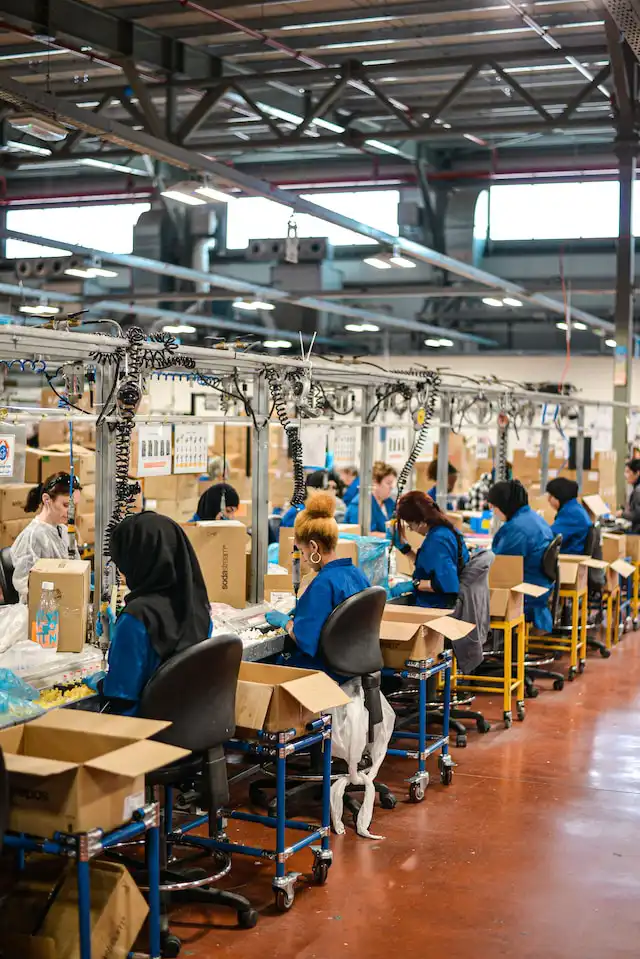Summary
The India Premium and Luxury Cars market is segmented by body type (SUVs, Sedan, and Hatchback), and by fuel type (petrol, Diesel, Electric). Factors such as Rising preference for Luxury SUVs, increasing dominance of electric vehicles, increasing number of HNWIs & UHNWIs and preference for high end driving experiences are driving the growth of India Luxury and Premium Cars market.
Market Overview
India Premium and Luxury Car Market Overview
India Premium and Luxury Cars market is expected to reach INR 146.1 Bn by 2029 with a CAGR of 7.5% during the forecast period 2023-2029.
Rising preference for Luxury SUVs, increasing dominance of electric vehicles, increasing number of HNWIs & UHNWIs and preference for high end driving experiences are some of the major drivers of India Premium and Luxury Cars Market.
Tata Motors, Mercedes Benz, BMW, Skoda Volkswagen, Toyota Kirloskar, Volvo Group are some of the major players in India Premium and Luxury Cars Market.
India Premium & Luxury Cars Market Definition
India Premium & Luxury Cars Market Definition: In this report, the India Premium and Luxury Cars Market is based on revenue in INR billion which is calculated based on total sales of premium and luxury cars in India. The market is segmented by body type (SUVs, Sedan, and Hatchback), and by fuel type (petrol, Diesel, Electric). The report encompasses of all major players including Indian and Foreign brands such as Tata Motor, Mercedes Benz, BMW, Skoda Volkswagen, Toyota Kirloskar, and Volvo Group. Additionally, the report will analyze market future projections, industry analysis, and key factors influencing India Premium and Luxury Cars Market. Impot/Export and reselling of premium and luxury car have been excluded from the market size.
Taxonomy
India Premium & Luxury Car Market Size
In 2023, there was a remarkable surge in luxury car sales, especially those priced over ₹50 lakh, increasing from 95 to 128 cars sold daily compared to pre-COVID-19 levels. This surge is attributed to post-pandemic lifestyle adjustments, robust corporate profits, and heightened interest from younger professionals.
The increasing demand for luxury cars is fueled by rising disposable incomes, evolving lifestyles, and a preference for high-end driving experiences.
Additionally, the Government of India is actively encouraging the adoption of luxury electric vehicles (EVs) as a sustainable transportation option to mitigate carbon emissions, aligning with growing environmental awareness.
India Premium and Luxury Cars Market Industry Analysis
Company Profile of Major Players in India Premium and Luxury Cars Market
| Company Name | Establishment year | Description |
|---|---|---|
Tata Motors | 1945 | Tata Motors is a globally recognized automotive manufacturer that has a keen emphasis on delivering safer, more environmentally friendly, and intelligent mobility solutions. Apart from India, it has operations in China, the US, the UK, and the rest of Europe, among other international locations. They provide a comprehensive array of integrated and electric mobility solutions across various segments, including cars, utility vehicles, trucks, buses, and defense vehicles. Tata Motors has established over 2,600 touchpoints, serving customers across more than 44 countries. Additionally, since 2008, Tata Motors has included JLR India (formerly Jaguar Land Rover India) in its portfolio, making it the largest automotive manufacturer in Britain, renowned for designing, manufacturing, and selling some of the world's most prestigious cars. |
Mercedes-Benz India Private Limited | 1994 | Mercedes-Benz India has been a prominent player in the luxury car market, boasting over 130 years of innovative excellence in the global luxury automobile industry. Founded in 2009, Mercedes-Benz India's state-of-the-art production facility spans 100 acres in Chakan near Pune. Since June 2015, it has been operating from an expanded production facility on the same premises. Being vital part of Mercedes-Benz's Global Production Network, this manufacturing unit plays a significant role in the CKD/MVP production network across Brazil, Indonesia, Malaysia, Thailand, and Vietnam. |
BMW India Private Limited | 2007 | BMW India Private Limited is a part of BMW Group, which stands as the foremost provider of premium cars and motorcycles globally, serving as the headquarters for renowned brands such as BMW, MINI, Rolls-Royce, and BMW Motorrad. BMW India commenced operations in January 2007, engaging in a wide range of activities. These include a manufacturing plant in Chennai, a parts warehouse in Mumbai, a training center in Gurgaon NCR, and the development of a dealer organization across major metropolitan centers in the country. |
Skoda Auto Volkswagen India Private Limited | 2007 | Škoda Auto Volkswagen India Private Limited (SAVWIPL) serves as the representative for The Volkswagen Group's passenger vehicle brands in India. The group's presence in India spans over two decades, commencing with the introduction of the Škoda brand in 2001. Audi and Volkswagen made their entry into the Indian market in 2007, with Porsche and Lamborghini joining in 2012. SAVWIPL, resulting from the merger of Škoda Auto India Private Limited (SAIPL), Volkswagen India Private Limited (VWIPL), and Volkswagen Group Sales India Private. Limited (NSC), offers a diverse portfolio of over 40 models across its five brands through a network of more than 446 touchpoints |
Toyota Kirloskar Motor (TKM) | 1997 | Toyota Kirloskar Motor (TKM) was established in 1997 as a joint venture between Toyota Motor Corporation and Kirloskar Group. TKM has manufacturing plants in Bidadi, Karnataka, where it produces a range of vehicles for the Indian market. The company is known for its commitment to quality manufacturing processes and adherence to Toyota's global production standards. Popular models in the Indian market include the Toyota Innova Crysta, Toyota Fortuner, Toyota Glanza (a rebadged version of the Maruti Suzuki Baleno), and hybrid models like the Toyota Camry Hybrid. |
Volvo Group | 1998 | Volvo Group is a well-known global manufacturer of luxury cars, trucks, buses, construction equipment, and marine and industrial engines. Volvo Group India is involved in the production and sale of a wide range of vehicles and equipment, including trucks, buses, construction equipment, and industrial engines. Volvo Cars, in collaboration with ECARX, is a co-owner of HaleyTek, a company dedicated to developing Android Automotive-based infotainment platforms for the group and external entities. |
India Premium and Luxury Car Market Macroeconomic Indicators
India's population is currently 1437 million in 2023, increasing by 30 million from 1407 million in 2022. By the end of 2025, India's population is predicted to reach 1500 million.
In the year 2020, The population between the 25-49 age group is the largest age group (36.40%) in India followed by 0-14 (26.40%), 50+ (19.40%), and 15-24 (18%).
In 2023, India's GDP was valued at USD 3732 billion, up from USD 2710 billion in 2018. The country’s GDP is expected to reach 5000 billion by the end of 2025.
In 2023, India’s Inflation rate stands at 5.66 % an increase of approximately 2.5% from the 2018 inflation rate of 3.94%. During the COVID-19 pandemic in 2020, the inflation rate in India surged unexpectedly to 6.62% from 3.72% in 2019.
As of 2023, India comprises of majority of the middle-class population which is 57% of the total population of India. After the middle class comes the lower class category which comprises 33% of the total population of India. The remaining 10% of the population belongs to a high-income class.
Frequently Asked Questions
Find quick answers to common questions about India’s fast-growing premium and luxury car market.

















